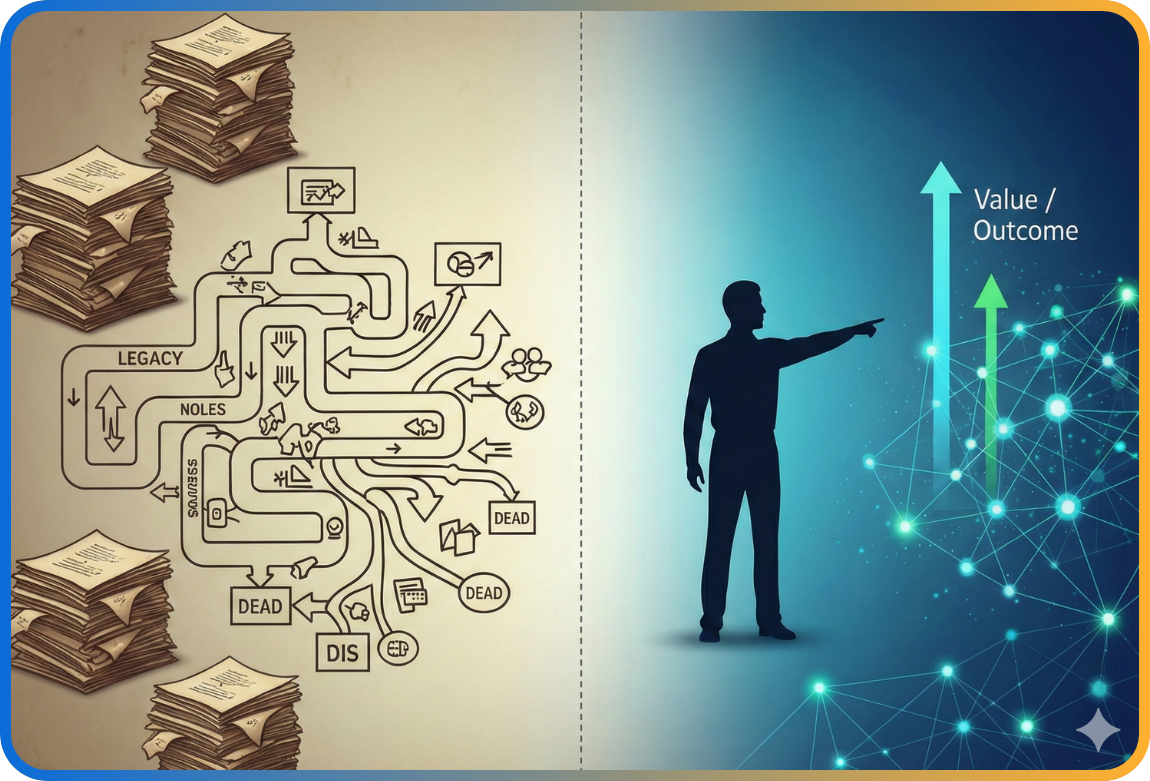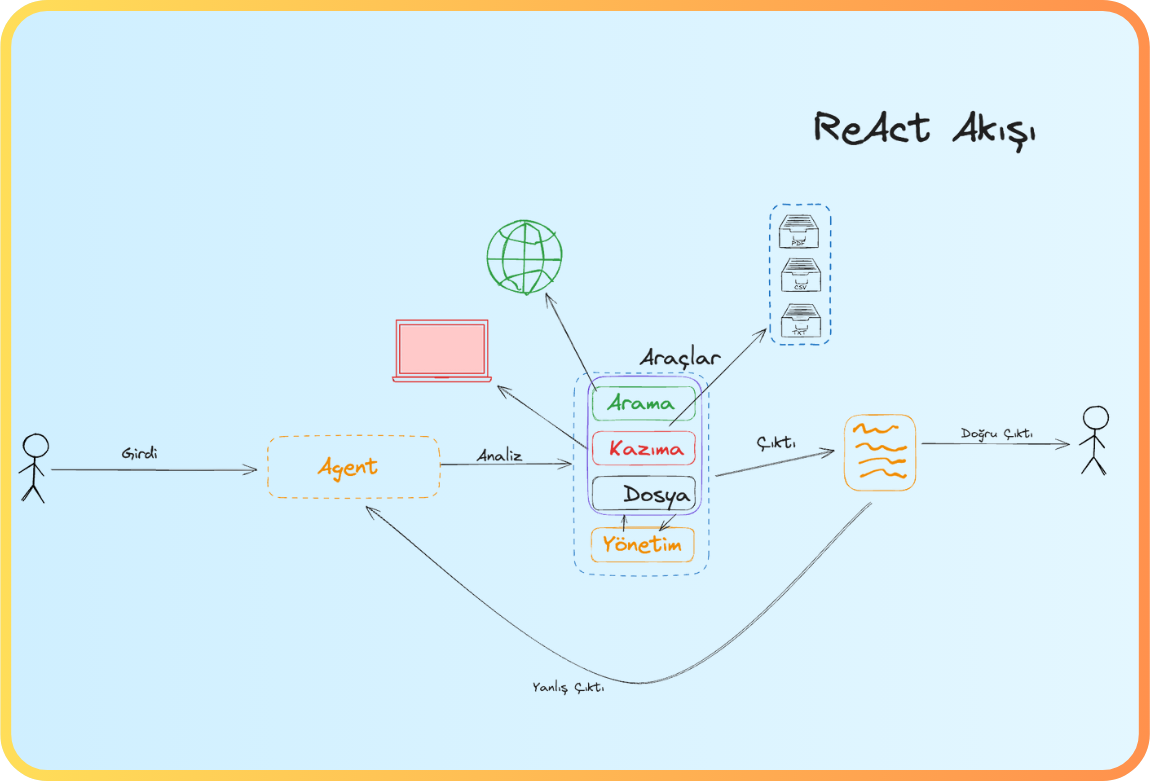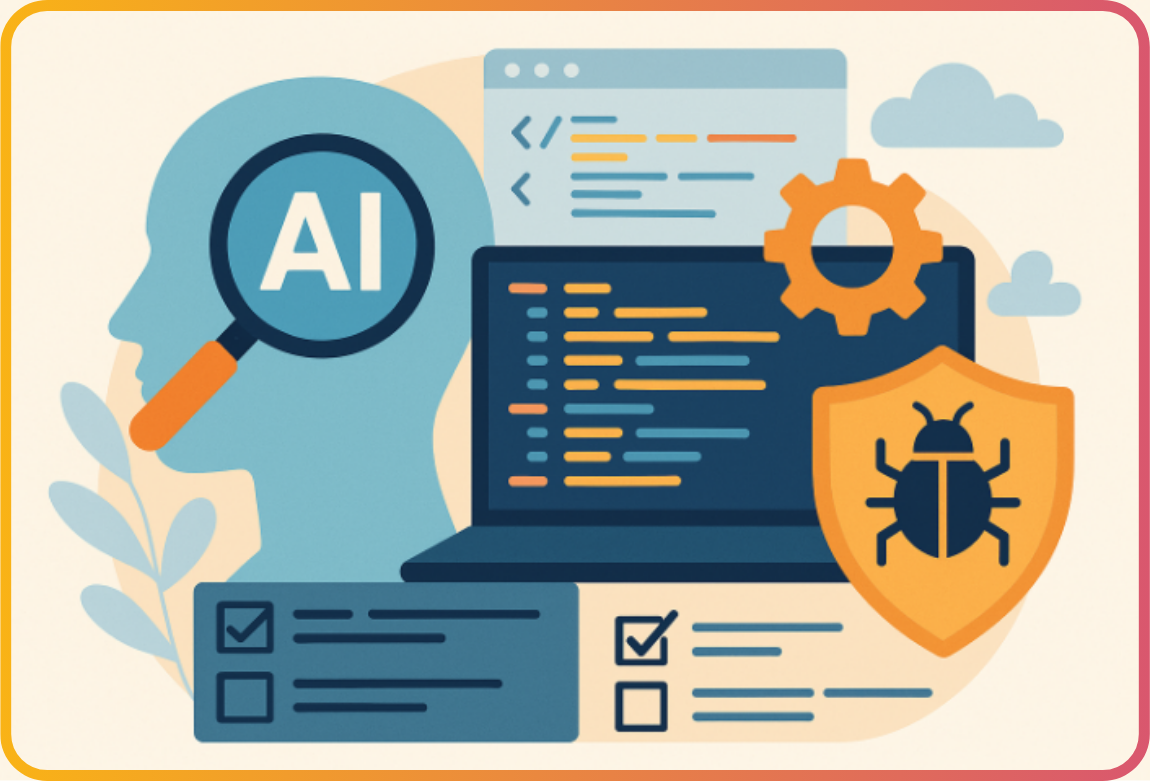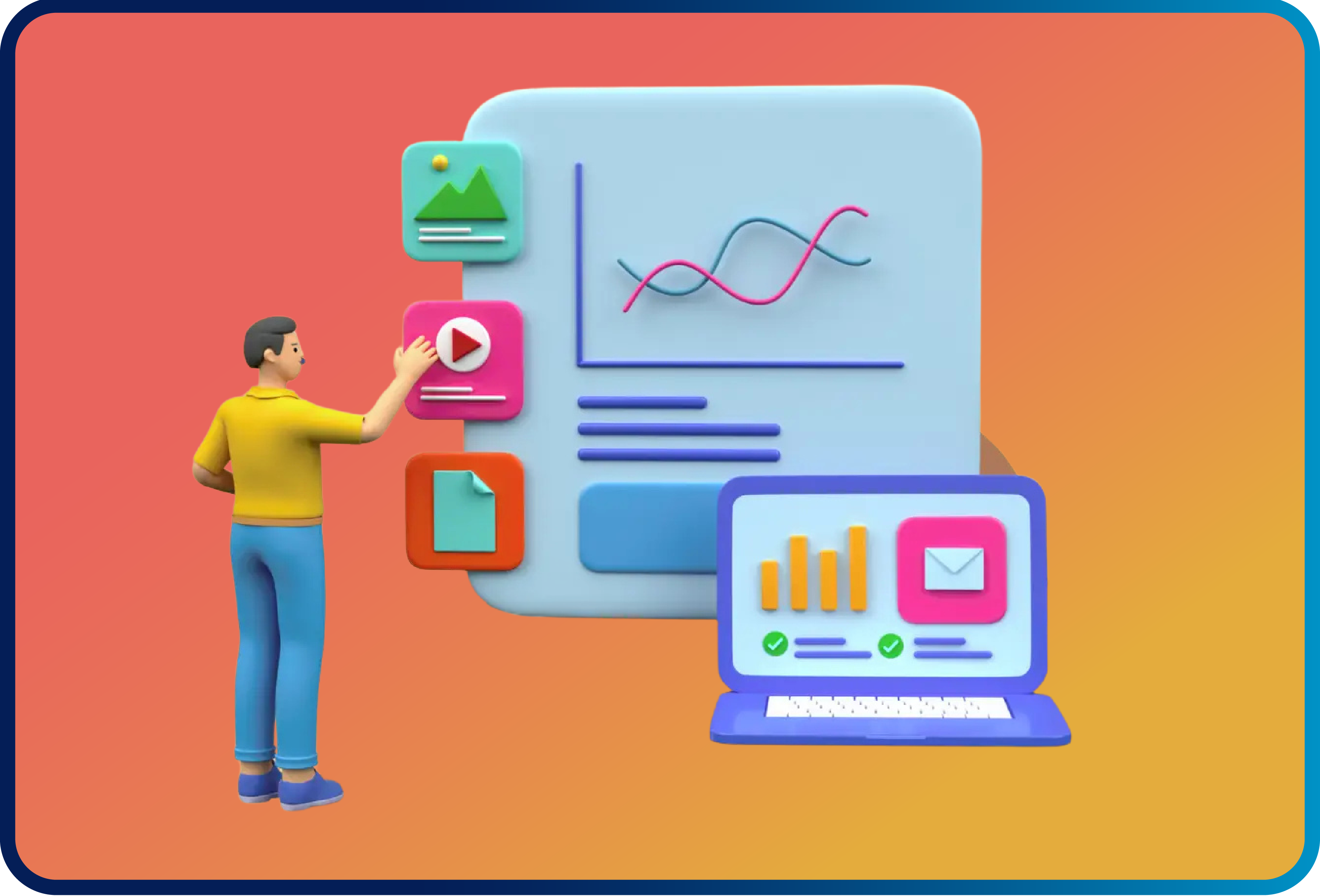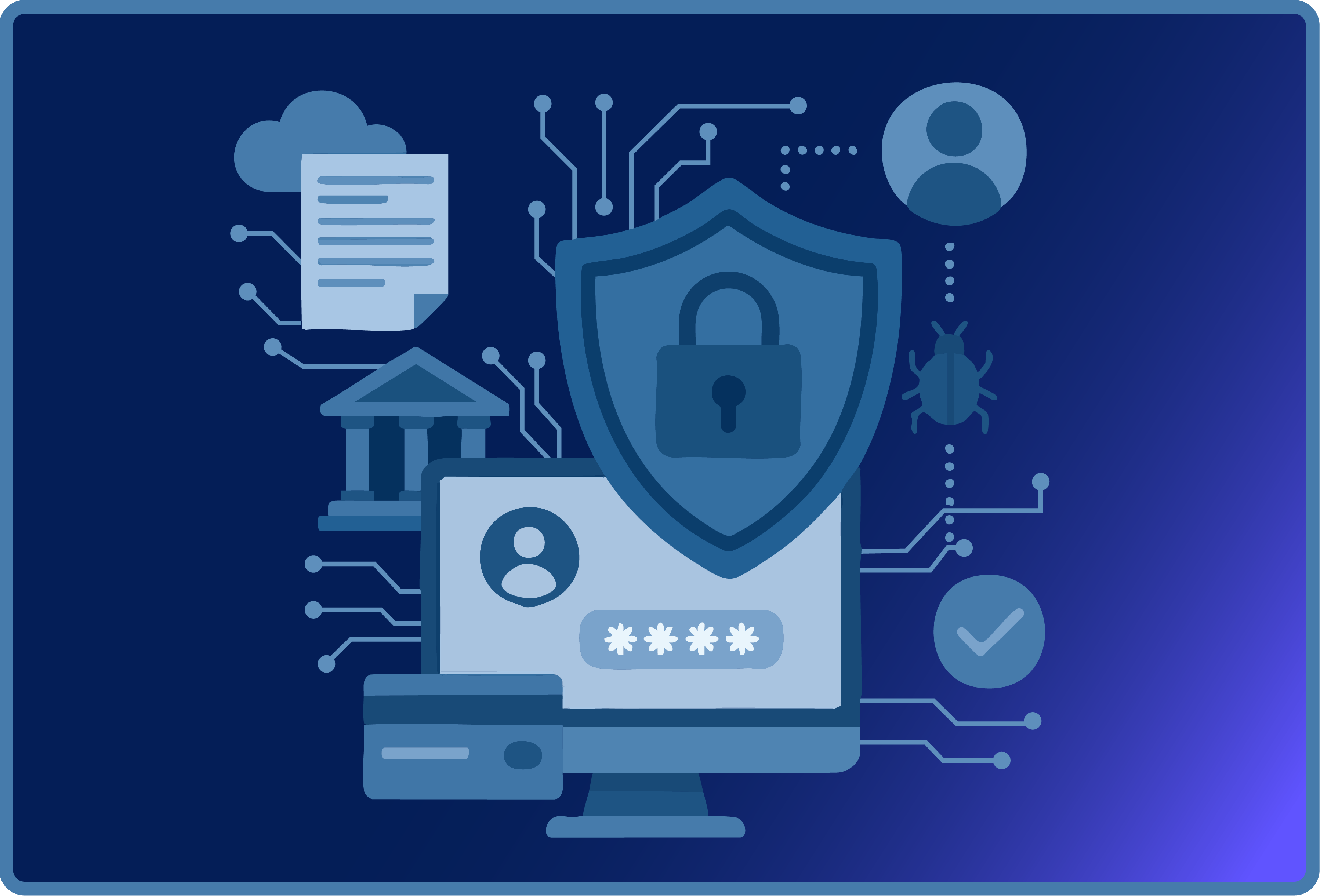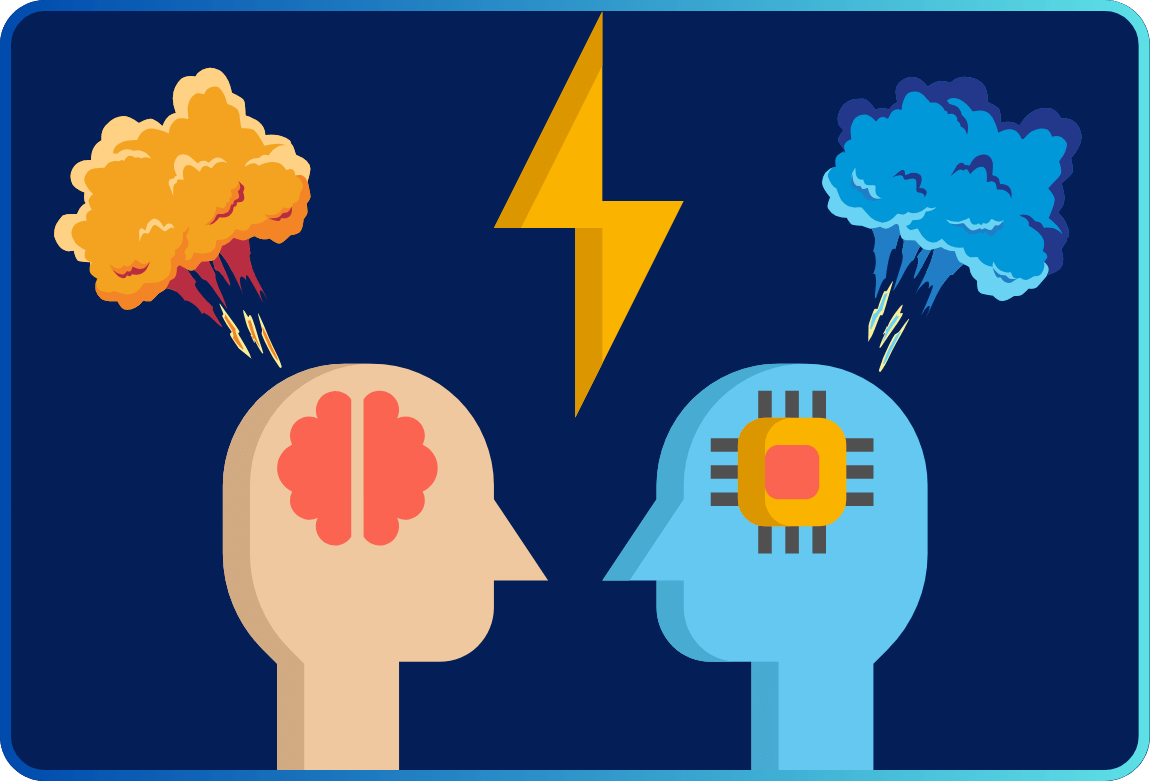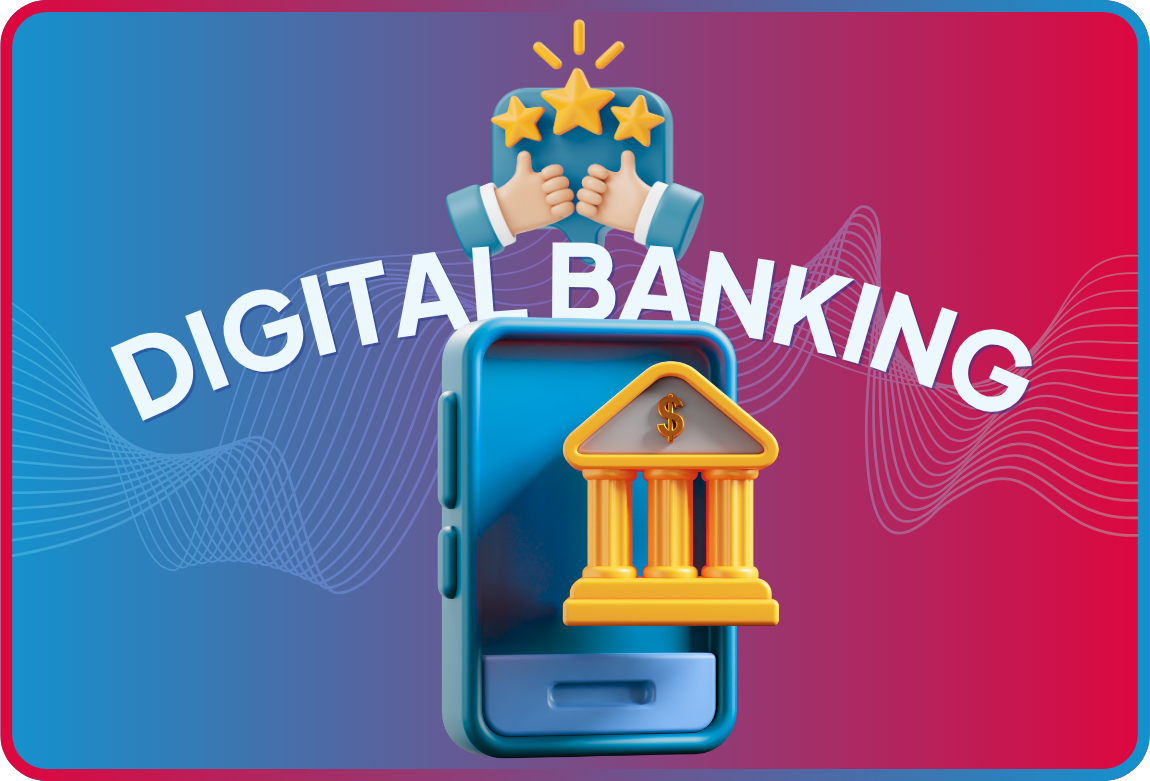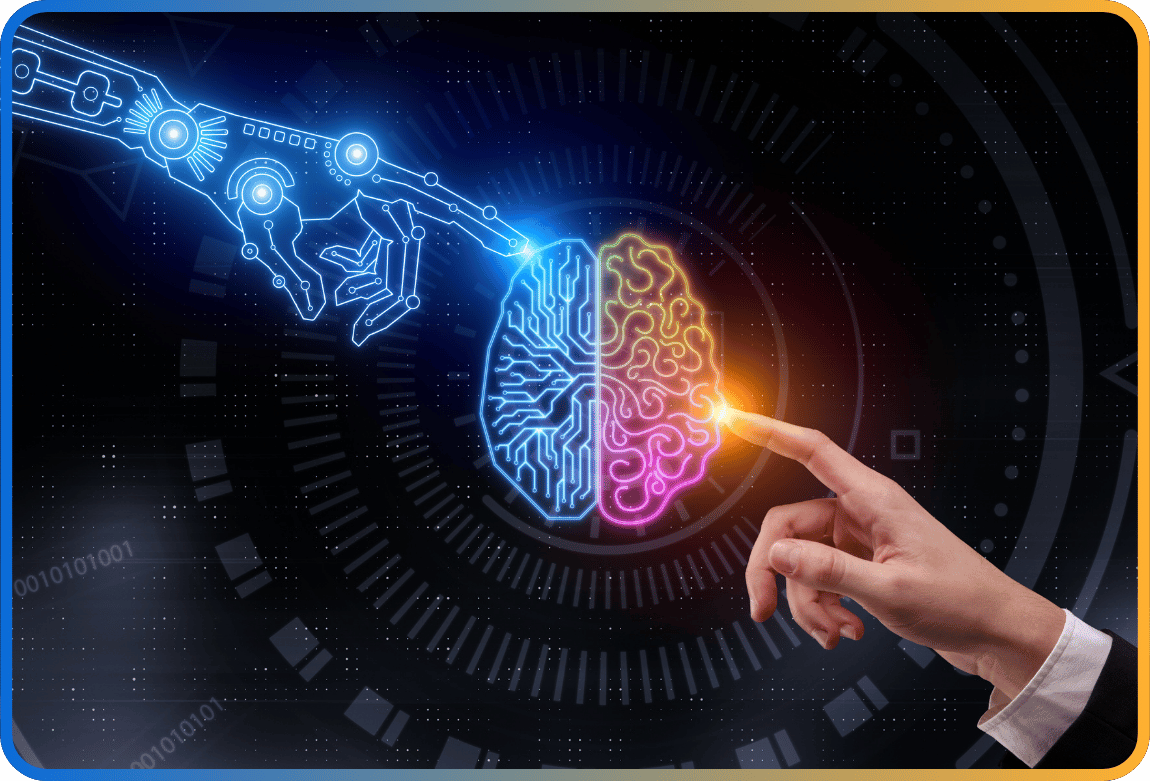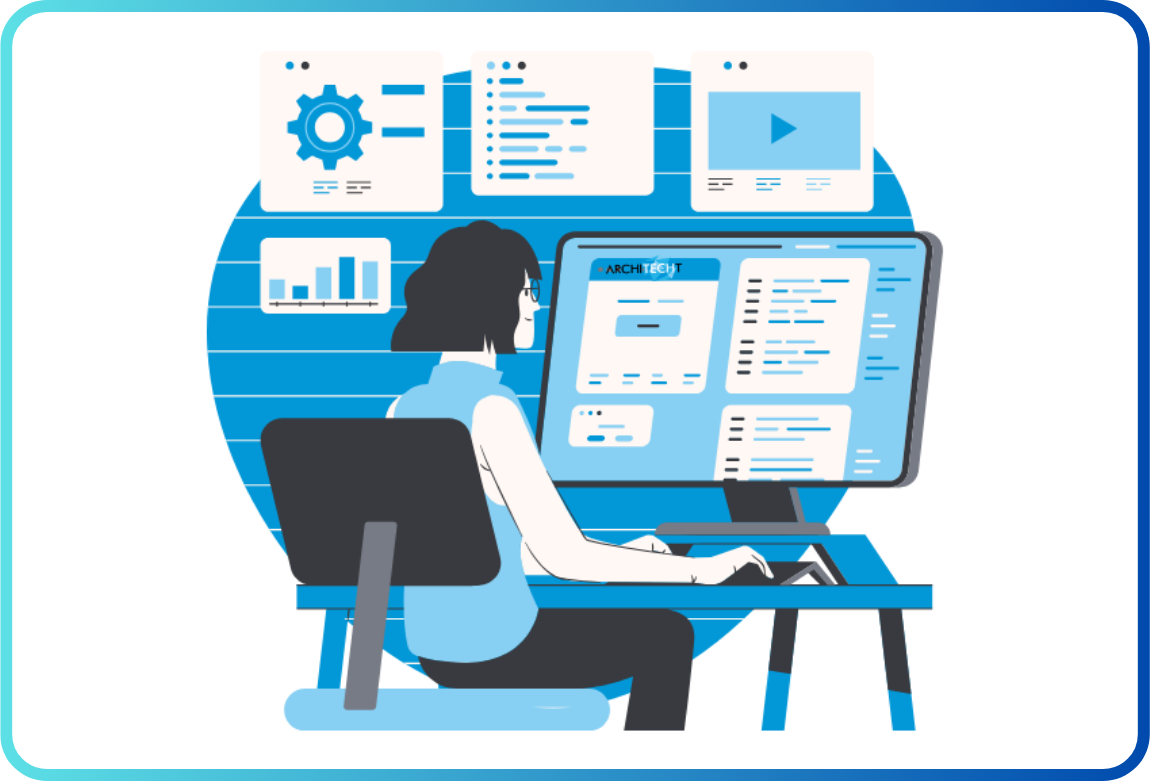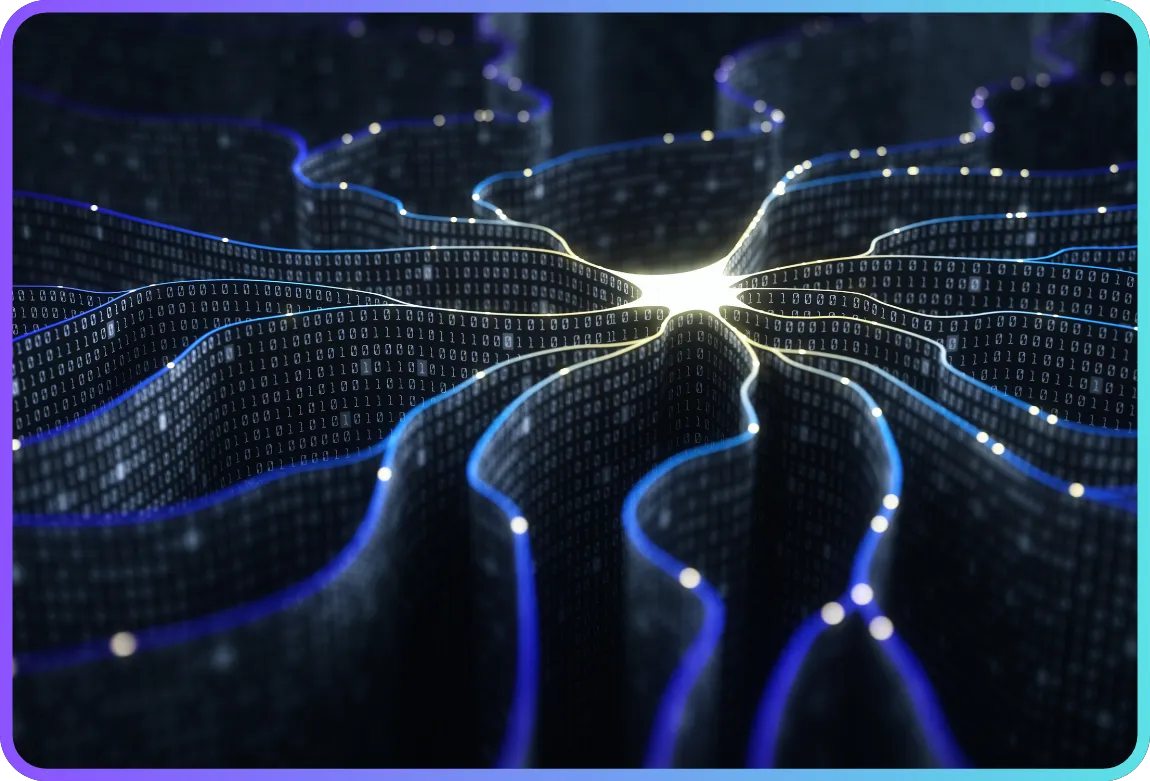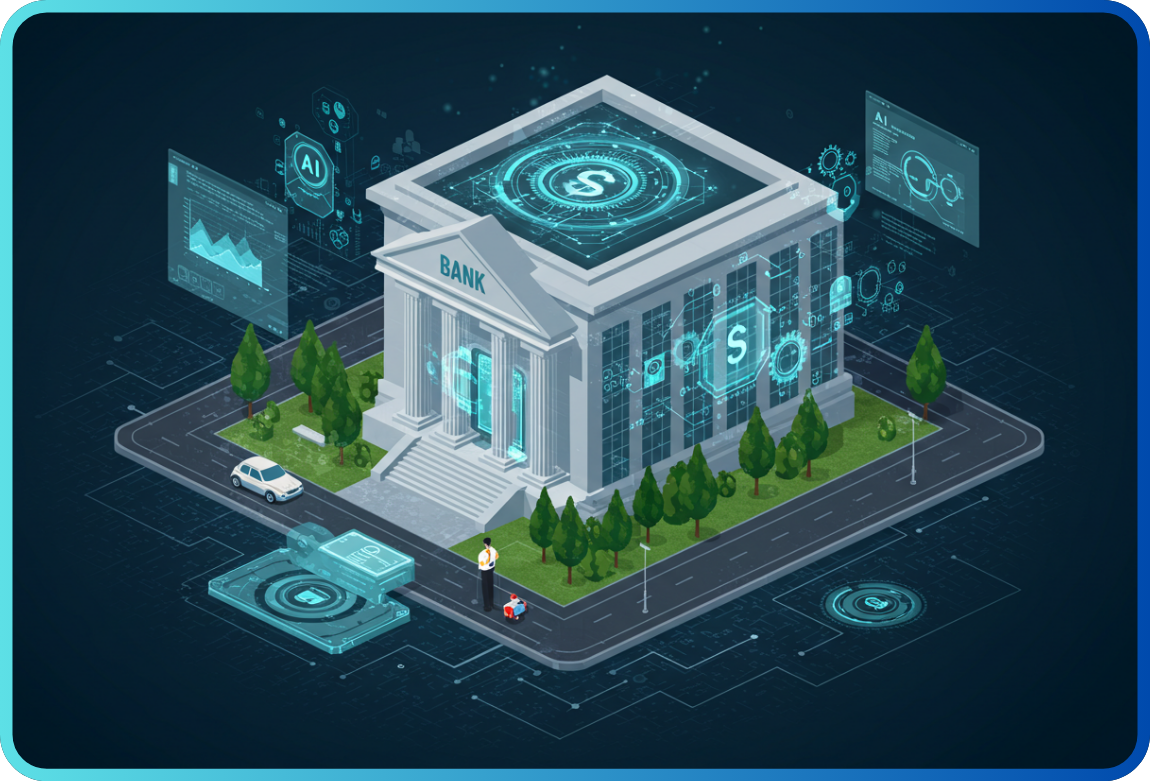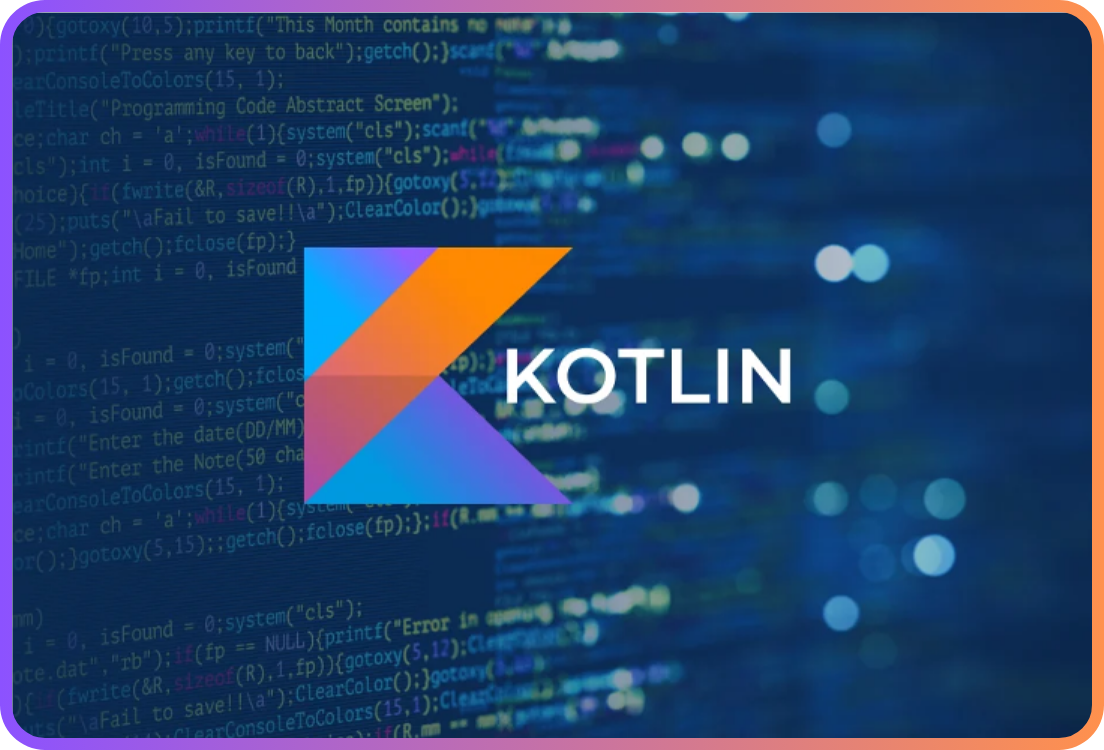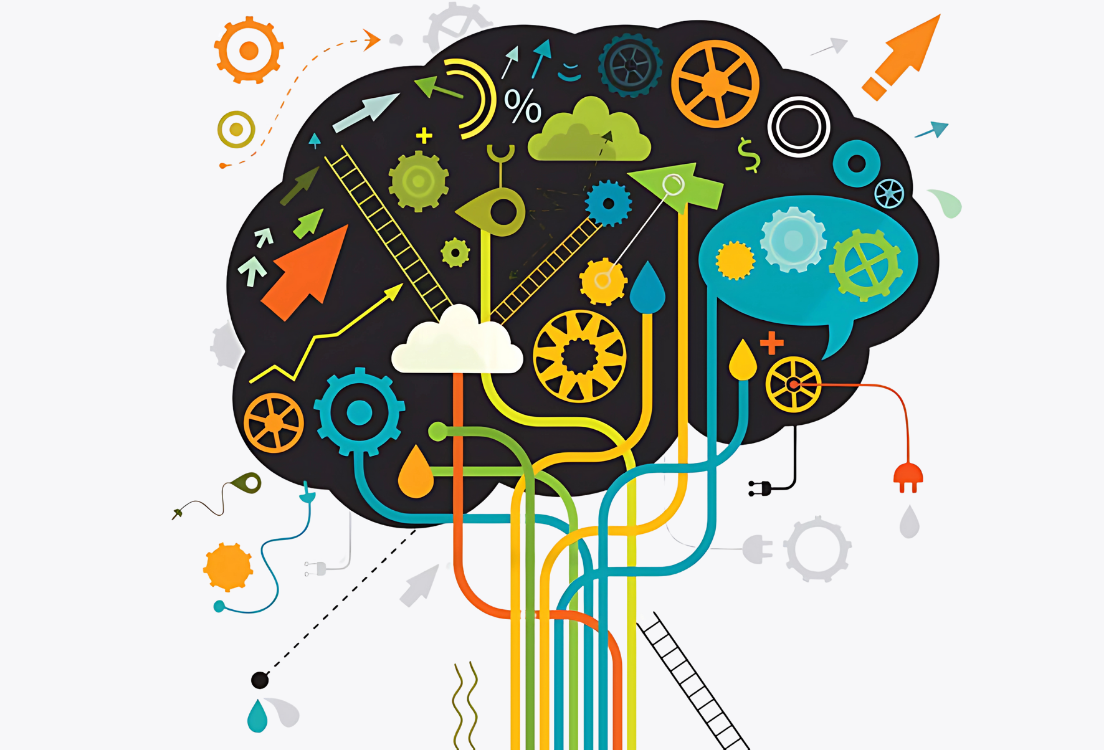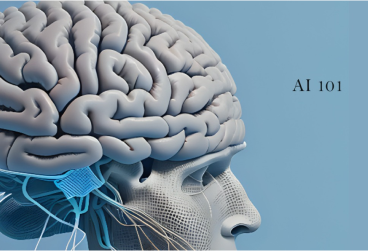
Computers have always been at the forefront of progress in the world of technology. As computing power increases every year, we feel that a new revolution is on the horizon as we step into the future. This revolution is called Quantum Computers… Computers have facilitated our lives, making tasks, communication, and many aspects of our lives easier. In situations where classical computers are not sufficient to solve complex problems, quantum computers have the potential to overcome these challenges, hence the increasing interest in these computers. At the same time, these computers create great expectations for the future with their processing power.
What Are Quantum Computers?

Quantum computers operate inside a supercooled isolation refrigerator Quantum Computers, Explained With Quantum Physics – Quanta Magazine)
First conceptualized by physicist Richard Feynman in 1982, quantum computers are computers that work much faster than classical computers, processing information uniquely by harnessing the principles of quantum physics such as superposition and entanglement. They have incredible computing power compared to classical computers.
Quantum computers operate using the principles of quantum mechanics, which help surpass the limits of traditional computers. Quantum computers are made up of qubits. The term “qubit” is a shortened form of quantum and bit.
1. Binary Nature of Qubits: Classical computers work with bits, representing data as 1s and 0s. Quantum computers, on the other hand, work with qubits. Qubits can be in both the state of 1 and 0 simultaneously, meaning operations can be performed in parallel—this is called quantum superposition. So, a particle can be in two states simultaneously, much like a coin that can show both heads and tails at the same time because of its rotation.

2. Quantum Parallelism: While classical computers process data sequentially, quantum computers increase computation speed by handling multiple states simultaneously.

3. Superposition: Unlike classical bits, qubits can be in a state of superposition. Superposition refers to a qubit being able to carry both the values of 1 and 0 simultaneously.

The concept of superposition led physicist Erwin Schrödinger to speculate that a cat in a box could be both dead and alive until you observe it. (This cat is definitely alive.)
4. Quantum Entanglement: Qubits can establish a certain type of connection between them. This allows them to perform complex calculations more effectively.
5. Quantum Complexity Relationships: Qubits can establish complex relationships (entanglement), meaning when one qubit changes, other qubits can also change. This allows quantum computers to perform certain calculations faster than classical computers.

The Computing Power of Quantum Computers
The main reason quantum computers are faster than classical computers is that they use quantum bits or “qubits” instead of the bits used by classical computers. Additionally, the principles of superposition and quantum entanglement allow quantum computers to be faster and to solve some computation problems in parallel. Especially for certain algorithms, while it might take years to solve them on classical computers, quantum computers can solve them in a very short time. Let’s illustrate this with a few examples.
Traveling Salesman Problem: This problem involves finding the shortest route between certain cities for a traveling salesman. Suppose a salesman wants to visit a certain number of cities and can only visit each city once. The question of the order in which he will go is a frequently encountered optimization problem among computers. Classical computers have to try all possible combinations of cities to solve this problem. As the number of cities increases, this leads to a factorial increase, making the problem unsolvable. However, quantum computers, thanks to their superposition properties, can evaluate all possible city combinations simultaneously and find the shortest route much faster. This allows complex optimization problems like the traveling salesman problem to be solved within a day. This example demonstrates how quantum computers, using their parallel processing capabilities, can quickly solve complex optimization problems.
Molecular Simulations: Understanding chemical reactions or molecular structures requires significant computing power. In particular, studying the behaviors of complex molecular systems is of great importance in fields such as drug development, material design, and energy storage. Classical computers do not have sufficient computing power for simulating large molecular systems, and such simulations can take days, weeks, or even longer. However, quantum computers, through quantum parallelism, can simulate these complex molecular systems much faster. This is especially important in fields such as drug discovery, where understanding and designing molecular interactions can be done much faster and more effectively with quantum computers compared to today’s computers.
Potential Impacts of Quantum Computers in the Future
The development and widespread use of quantum computers can bring significant benefits in many areas, but it can also pose some threats. Here are some important points regarding what quantum computers could threaten in the future:
- Cryptography: Quantum computers can quickly break traditional cryptographic methods. This could make encrypted data insecure and access to sensitive data dangerous. Therefore, in the future, there may be a need to develop strong quantum-resistant encryption techniques.
- Security and Privacy: They can compromise existing security systems and threaten personal privacy. In particular, they can have negative effects on data security and privacy.
- Financial Sector: They can be particularly effective in the security of cryptocurrencies and the accuracy of financial transactions. This could lead to fluctuations and security issues in financial markets.
- Internet and Data Centers: They can affect data centers and network infrastructure. Quantum computations may require new methods for network security and management.
- Science and Technology: The development of quantum computers can make some traditional computers obsolete, leading to unemployment. Additionally, it can have significant impacts on the traditional computer industry.
- Drug Development: The ability of quantum computers to predict outcomes of situations can make them effective in drug development. A quantum computer can predict how certain molecules will behave in certain scenarios. For example, a quantum computer can predict a drug’s reaction in a person’s body. This high level of research can make drug development much easier.
- Military and Intelligence Use: Quantum computers can be used in military and intelligence activities such as code-breaking and intelligence gathering, complicating national security issues.
In summary, despite the various benefits offered by quantum computers, they can also bring potential threats to security and privacy areas. With wider use of this technology, especially concerns about security may increase. The capacity of quantum computers to break encryption algorithms could jeopardize the security of sensitive information. Additionally, the widespread use of quantum computers in industrial and commercial sectors could reshape competition and disrupt industry balances. In this context, managing the potential impacts of quantum computers and taking precautions against possible risks are of great importance. Steps such as updating information security protocols and strengthening encryption algorithms can increase resistance to potential threats. Additionally, determining ethical standards and creating regulatory frameworks can help manage the effects of this technology more controlled manner. Ultimately, adopting an active strategy against potential risks is crucial for the healthy integration of this innovative technology into systems.
Source
- 03.11.2023, https://gelecegiyazanlar.turkcell.com.tr/blog/kuantum-bilgisayarlar-ve-kriptografi
- 04.11.2023, https://www.turhost.com/blog/wp-content/uploads/2021/10/2-1.jpg
- 09.11.2023, https://www.researchgate.net/figure/Figure-1-Classical-Bit-Vs-Qubit_fig2_308414229
- 03.11.2023, https://www.matematiksel.org/kuantum-hesaplama-nedir-nasil-calisir/
- 02.11.2023, https://www.matematiksel.org/wp-content/uploads/2021/12/cat.jpg?ezimgfmt=ng:webp/ngcb227
- 27.10.2023, https://bilimgenc.tubitak.gov.tr/makale/kuantum-bilgisayarlar-ve-kubitler
- 27.10.2023, https://media.wired.com/photos/5d895f1ecc3ae80008d87fcd/4:3/w_1955,h_1466,c_limit/Science_Quantum_h_14326736.jpg
- 27/10/2023, https://www.turhost.com/blog/kuantum-bilgisayar-nedir-nasil-calisir/
- 15/11/2023, https://www.matematiksel.org/kuantum-hesaplama-nedir-nasil-calisir/


 Back
Back


